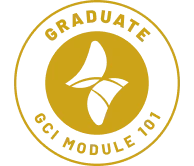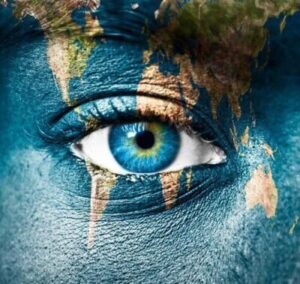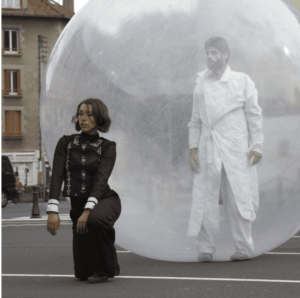Many years ago at one of the International Coaching Conferences, I had a great conversation with then International Chair of the ICF Damian Glodvarg. We were discussing diversity at the time and the coach’s role in raising issues of racism in an organisation, when it was not on the client’s radar. My concern was that to do so would be leading the client, imposing my own values and agenda.
Damian was unequivocal in his response. A coach’s role is to raise awareness. Damian’s view was that when we recognise a blindspot, our responsibility as coaches is to raise awareness either through our use of powerful questions or through direct communication.
At the Global Coaching Institute, we’re very attuned to issues of power, rank and diversity. We understand that they are not just abstract issues, but lived experiences. We are curious about the impact these daily experiences have on an individual’s capacity to participate in team discussions, to step forward as a leader or to navigate the daily complexity of their lives.
We appreciate the systemic barriers that people from ‘mainstream populations’ simply don’t have to navigate. Whilst the impact of the glass ceiling on women, or racial bias within recruitment practices, is receiving attention; those of us in positions of privilege have only just begun to understand the insidious influences of racism, homophobia and other biases that shape our society.
At GCI we believe it is important that emerging coaches develop a deep understanding of the internal and external influences on each client’s journey to pursue their dreams and deepest potential. We committed to recognising our own blindspots and understanding both the direct and indirect impacts on members of marginalised communities.
In addition to ingrained systemic barriers, internalised sexism, racism and homophobia continue to exert an influence on many of coaching clients – even when no-one else is present. Each of us carries the voices that have downed us, within ourselves. We protect ourselves from further attack by censuring our behaviour. The ‘isms’ become like an ear-worm, that can be difficult to recognise, let alone extract, without the support of someone who knows the tell-tale signs of their influence. Coaches have the capacity to play that role.
I will be forever grateful for that conversation with Daniel, many years ago. I felt freed to bring more of this understanding into our work with clients and into our coach training.
When cross-cultural awareness was identified as a core coaching competency, I felt further supported. Thank you to those who fought long and hard to raise our awareness as a profession, that this was a core coaching skill. We now aim to authorise our coaching students and graduates.
So how can we build awareness of diversity-related issues?
Firstly we can become genuinely curious about who we are coaching, recognising that the full life experience of each person is not immediately discernable. We can enquire as to our clients’ perceptions of their own power and influence in different situations, we can be empathic about the impacts of belonging to a marginalised group – appreciating both the struggles and the strength, grit and resilience that comes from facing diversity-related barriers and prejudices.
We can listen with a keen ear to the workplace challenges that our clients bring to their coaching sessions – picking up on the influence diversity plays in the conflicts that break out and those that fester beneath the surface. As team coaches we notice who speaks in the room and who doesn’t. We can not only invite the contribution of marginalised voices.
On occasions, you may opt to directly and with a sense of curiosity communicate your observations. A word of caution though, in team environments this needs to be done with care. You don’t want to make things even more uncomfortable for those who feel they have barely earnt (or rather are working every day in order to earn and re-earn) the right to belong at the table. Use your discernment, and don’t take things for granted – especially if you belong to a group with high rank which can easily underestimate its privileges and the costs and consequences for others. If in doubt, check in with those who might be affected.
Of course before we even begin to think about raising client awareness, it’s vital that we understand our own identity and how the lens of diversity touches and influences our own lives. It’s worth taking time to examine your core assumptions about yourself and others, your fundamental sense of empowerment and influence and beliefs about the world and other people.
If we are to work skilfully in partnership with our clients, we need to become aware of our own position within the society and the way we have learnt to deal with our own centrality or lack of it.
Here are a few reflection questions that might support you in this endeavor.
-
What racial group do you come from? What benefits does that bring? Do you take them for granted?
-
What is your gender? What stereotypes are associated with your gender? How does that shape your choices as a coach?
-
How can you use your positional power to draw attention to the needs of others?
-
How can you use your own experiences of marginalisation to build empathy?
Working with rank, power and diversity is a key element of our Advanced coaching programs at the Global Coaching Institute If these issues are of interest to you, please reach out and make contact with us, we’re passionate about forming a global community of coaches who play an active role in organisational and social change.
Rho Sandberg is an MCC Coach and Co-founder of the Global Coaching Institute.





